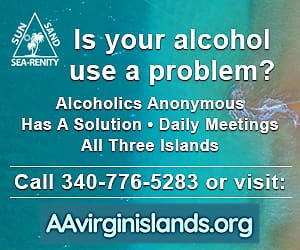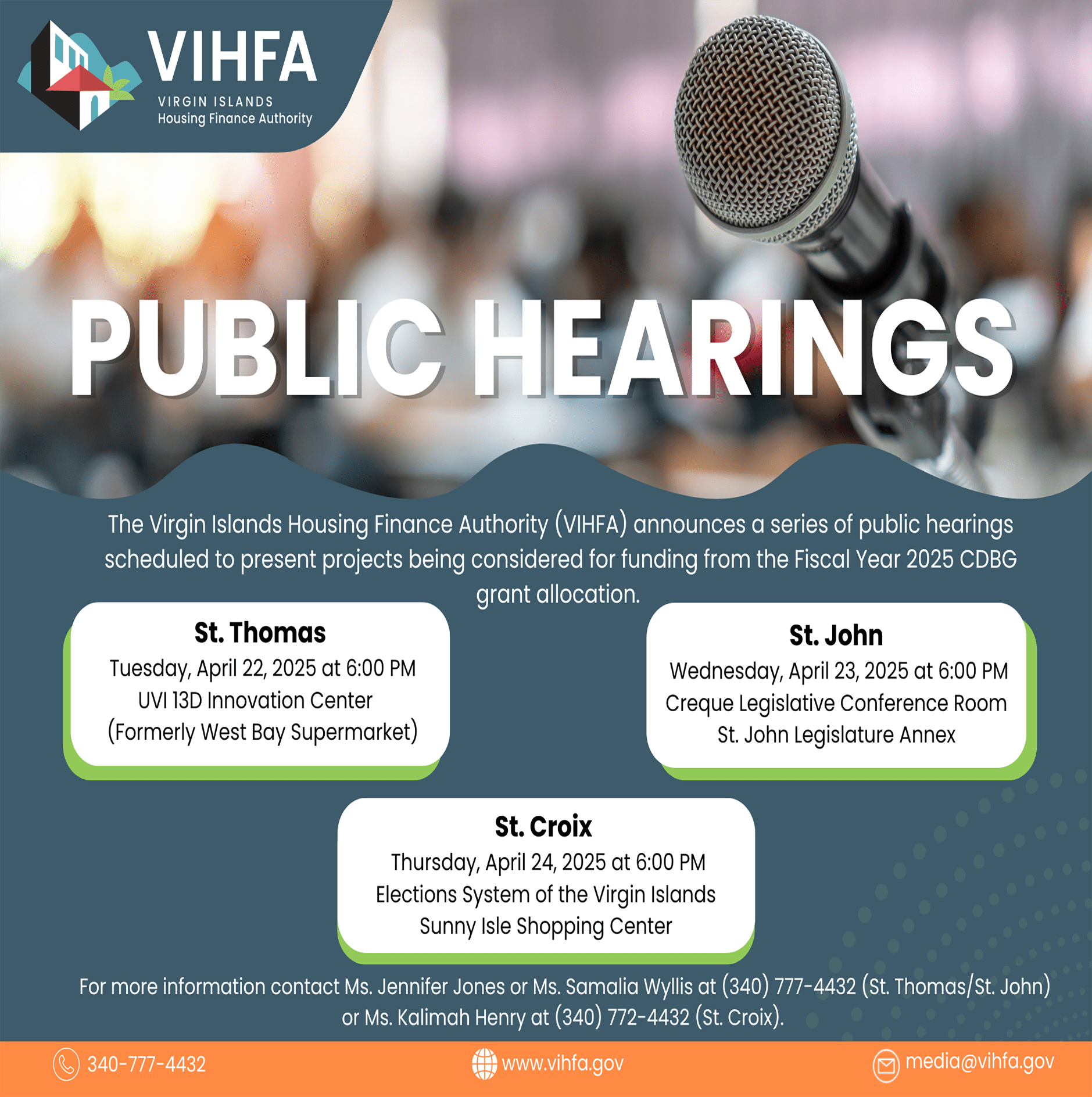
Recent revelations of public corruption in the U.S. Virgin Islands have shocked the community. Three cabinet members face charges of bribery, honest service wire fraud, contract manipulation, and money laundering — an unprecedented number for any administration. Public corruption in the V.I. has long been suspected, dating back to the 1960s, and it likely caused economic drag. Still, due to a lack of investigations, the actual economic costs have not been documented or estimated. This raises four critical questions:
- What is public corruption?
- When should we be concerned about it?
- How did the Virgin Islands reach this state?
- What actions can combat public corruption in the USVI?

Public corruption is defined as government officials using their powers illegitimately for personal gain. It can manifest as bribery, extortion, nepotism, cronyism, and embezzlement. The most prevalent form typically involves public officials accepting bribes in exchange for favorable decisions, licensing, contract awards, or hiring. More subtle forms may involve campaign contributions intended to influence the politician to implement policies favorable to the interest of donors at the expense of the common good.
Corruption impacts economic performance. It tends to diminish growth, waste taxpayers’ money, rob the public treasury, undermine public trust, and contribute to income inequality and poverty, when present in moderate or high levels. Societies plagued by high levels of corruption often experience poor economic outcomes, including lower GDP, less efficiency, and higher poverty levels while countries with low corruption levels, correlate with strong economic performance.
For example, the top five countries for human development (Iceland, Norway, Denmark, Switzerland, and Finland) also rank among the least corrupt, according to the 2022 Inequality-Adjusted Human Development Index (IHDI) and the 2022 Corruption Perceptions Index (CPI). The Virgin Islands, lacking a formal CPI score but exhibiting numerous scandals and public sector irregularities, could be approximated to fall in the range of 35-42 on this index, similar to the scores of the Dominican Republic, Trinidad and Tobago, and Guyana but far below Barbados, the highest-ranked Caribbean country with a score of 65 in 2022, a few points behind the United States.
The Virgin Islands’ tolerance for public corruption can be attributed to three main factors: political dominance by one party that has maintained a client-patronage system, a small, registered active voter base of 31,000 that seems to prioritize personal loyalty over good governance, and a judiciary that often imposes lenient sentences or dismisses corruption cases.
The political landscape has been shaped by the Democratic Party’s dominance, which has controlled the governorship for 38 of the past 63 years and consistently held a majority in the unicameral Legislature. Since the fusion of the Democratic/Unity parties and the creation of a political machine in the 1960s that dispensed government jobs, contracts, leases, and welfare benefits for votes, elected political leaders commonly use patronage and political budgeting. The government has been and continues to be the largest employer, currently accounting for 32 percent of the civilian workforce, and government spending drives the economy, accounting for 34 percent of the Gross Domestic Product in 2022. Since 2018, with massive allocations of federal assistance, the impetus to channel even more contracts to friends, inflate contracts, and spend money to curry favor with voters, especially in the run up to elections, has ramped up.
A small voter base intertwined by blood and social ties (attending the same high school, being members in the same churches and social organizations, having played team sports together as youths), complicates accountability because voters do not want to openly criticize a distant cousin, schoolmate, old teammate, godbrother, or in-law who happens to be an elected or senior government official, fostering a culture that prioritizes maintenance of reciprocal and loyal social bonds over good governance. Voters see having a friend or relative in a high government position as an asset who can grant a favor even though they may be unqualified, incompetent, or ethically challenged. Typical voters accept the patronage system and exchange their votes for the promise of maintaining their government jobs, getting a contract, or to receive handouts even though the quality of life is lowered by widespread mismanagement, waste, and corruption.
Lastly, few corruption cases have been prosecuted over the years, and the judiciary has shown a tendency to sentence those who have been tried leniently (90 days to 52 months) or dismiss cases altogether, sending a message of non-deterrence, that the probability of detection is low and punishment costs are low.
To effectively minimize and combat public corruption in the Virgin Islands, a multifaceted and coordinated approach is essential:
- Make the political party system competitive. Reform the Democratic Party, revitalize other political parties, and attract candidates with integrity.
- Create a professional civil service to ensure that appointments are merit-based, salaries are competitive, reduce patronage, and reduce the number of unclassified positions that serve at the governor’s pleasure.
- Mandate yearly financial disclosures for elected officials to identify disproportionate wealth accumulation.
- Publicly disclose travel authorizations and expenses to ensure transparency and discourage abuse of government expense accounts by high-ranking government officials.
- Implement a strong Code of Ethics for public officials, enforced by a well-resourced Office of Ethics to investigate and sanction violations.
- Ensure the independence of the Attorney General (AG) and Inspector General (IG) with dedicated budgets for effective operations and the election of the AG.
- Transition to a secure electronic procurement system to eliminate favoritism and ensure transparency in bid evaluations. Accelerate the digitization and a movement toward e-government in general.
- Instruct prosecutors and judges to pursue aggressive investigations and impose strict penalties to punish and deter corruption.
- Inculcate values of integrity and honesty in schools, churches, and community organizations, emphasizing the importance of accountability and truthfulness in public discourse and conduct. Voters have to be critical, discerning, and civic minded, not voting for a politician because you know them or because they are a distant relative or in-law, but for a person with the best qualifications, the most experience and demonstrated integrity who will serve the common good. Voters have to hold politicians accountable, they cannot constantly reelect politicians who have demonstrated a lack of integrity and engaged in or tolerated corruption and malfeasance.
Globally, high levels of corruption have been shown to hinder economic development, lower allocative efficiency, and corrode public trust. It is an important policy issue and should be actively minimized. The abovementioned suggested actions aim to enhance transparency, integrity, and accountability and foster civic-mindedness to reduce corruption and promote better governance in the Virgin Islands. The continued tolerance for widespread public corruption and bad governance, contributes to poor public finances, brain drain, economic stagnation, and population decline.
— Mark Wenner is an assistant professor of economics at the University of the Virgin Islands who resides on St. Thomas.
Editor’s Note: Opinion articles do not represent the views of the Virgin Islands Source newsroom and are the sole expressed opinion of the writer. Submissions can be made to visource@gmail.com.










